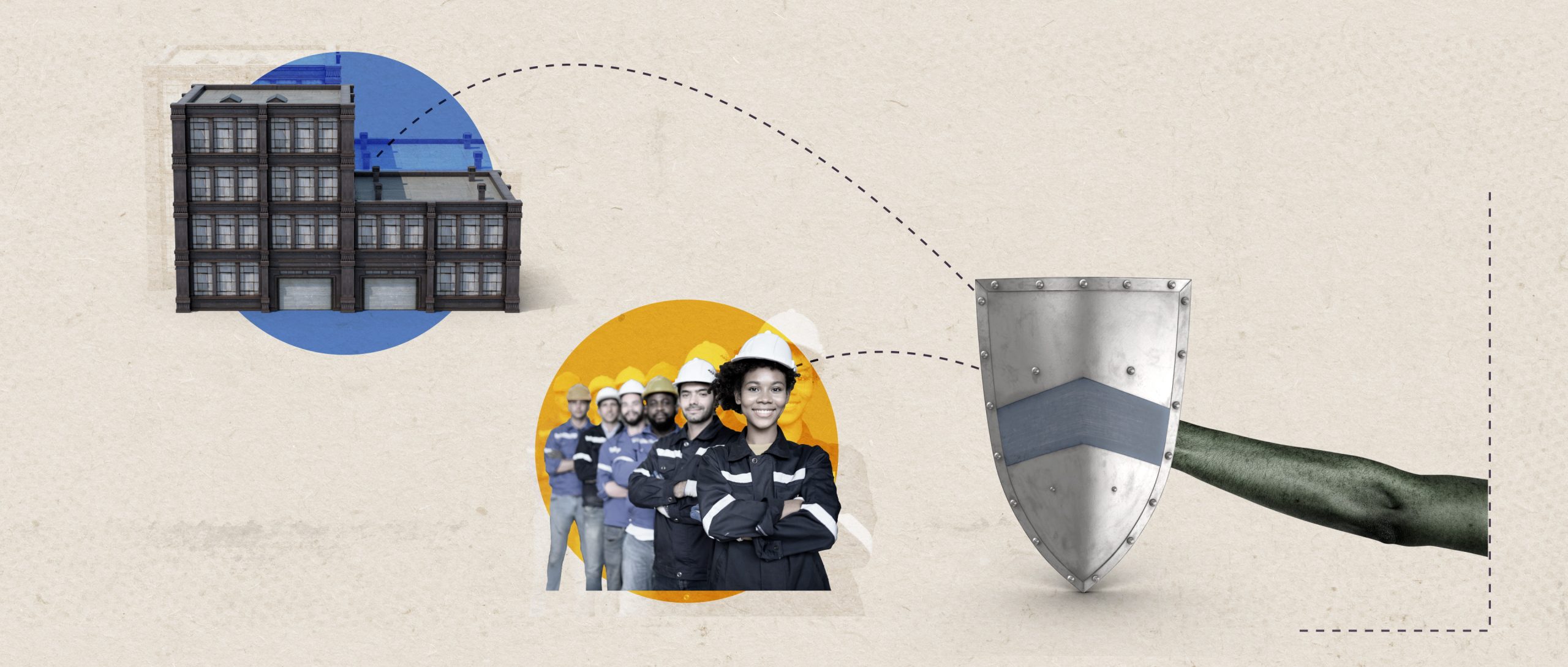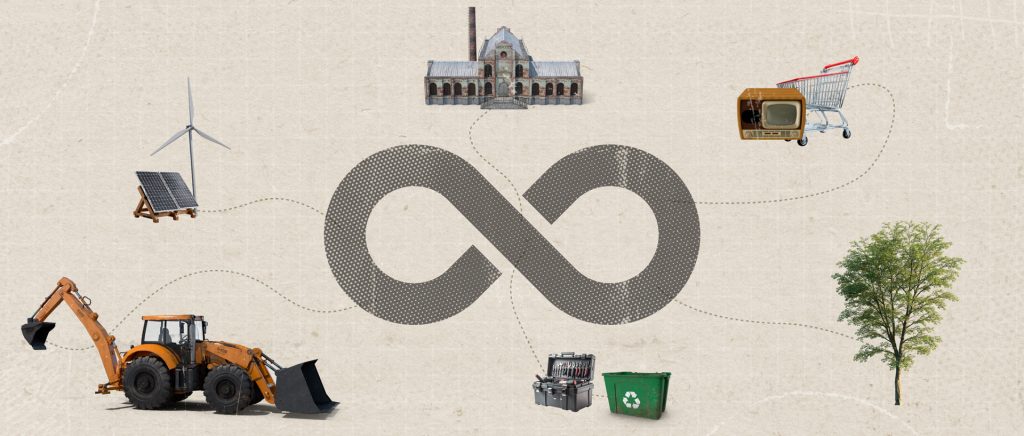The global economy is at a crossroads.
A global debt crisis, the concentration of wealth among a small share of people, and persistent poverty and inequalities highlight the urgent need for change. At the same time, our planet is in crisis – under strain from record emissions, pollution and biodiversity loss.
But while these challenges are real, they create a unique opportunity: to reshape our economies into fairer, more sustainable, and more resilient systems that prioritise both people and the planet. The question is – how can countries make this happen?
To help answer this, the Partnership for Action on Green Economy (PAGE) – a collaboration between UNDP, UNEP, ILO, UNIDO, and UNITAR – has developed a new e-course “Reshaping Our Economies”, now available on the UN CC:Learn e-learning platform.
This three-module course takes approximately 4.5 hours to complete and guides learners on a step-by-step journey towards an inclusive green economy. Drawing on real-life examples from countries around the world, it showcases tried and tested solutions that demonstrate how greener economies can deliver benefits for people, prosperity and the planet.

A Fireside Chat to Mark the Launch
The e-course was officially launched on 30 October 2025 during a Fireside Chat with Steven Stone, Deputy Director at UNEP, who shared insights from his decades-long career in sustainable development and economics.
Speaking to over 150 participants, Dr. Stone reflected on the evolution of green economy thinking and emphasised the importance of reshaping economic systems to place well-being, resilience, and nature at the heart of decision-making.
His reflections underlined a central message of the new course: transitioning to a greener economic model is not only an environmental imperative but also an opportunity to create jobs, foster innovation, and improve lives.
What Will You Learn From The Course?
After completing the “Reshaping our Economies” course, you will be able to:
- Explain why upstream economic policies are key levers for achieving sustainable development.
- Identify enabling conditions and specific policy entry points for advancing green, circular, and job-rich economies.
- Outline tools and policies that can help unlock and redirect public and private finance.
- Discuss the social impacts of a green economic transformation and approaches for mitigating negative effects on vulnerable groups.
- Give examples from different countries of how the transition looks like in practice.
Who Is The Course For?
This course is designed for:
- Public sector officials involved in national economic, trade, fiscal, industrial and employment policy, as well as staff from line ministries and sub-national governments
- Professionals working for financial institutions, including private banks and insurance companies
- Representatives from employers and workers associations, civil society groups, universities and think tanks interested in an inclusive green economy transition
- Anyone who wants to better understand how economies can evolve to support both people and the planet.
Will You Get a Certificate?
Yes! Upon completing all the modules, you’ll take a final quiz. An official United Nations certificate will be awarded to everyone who completes the quiz within three attempts, scoring 70% or higher.
The new “Reshaping Our Economies” e-course provides learners with the knowledge, tools, and real-world examples needed to support the global transition to an inclusive green economy.
Whether you’re shaping policy, running a business, educating others or simply making more sustainable choices in your daily life, your actions matter. By completing the course, you’ll join a growing global community committed to building a better future for people and planet.
Take the course here.

